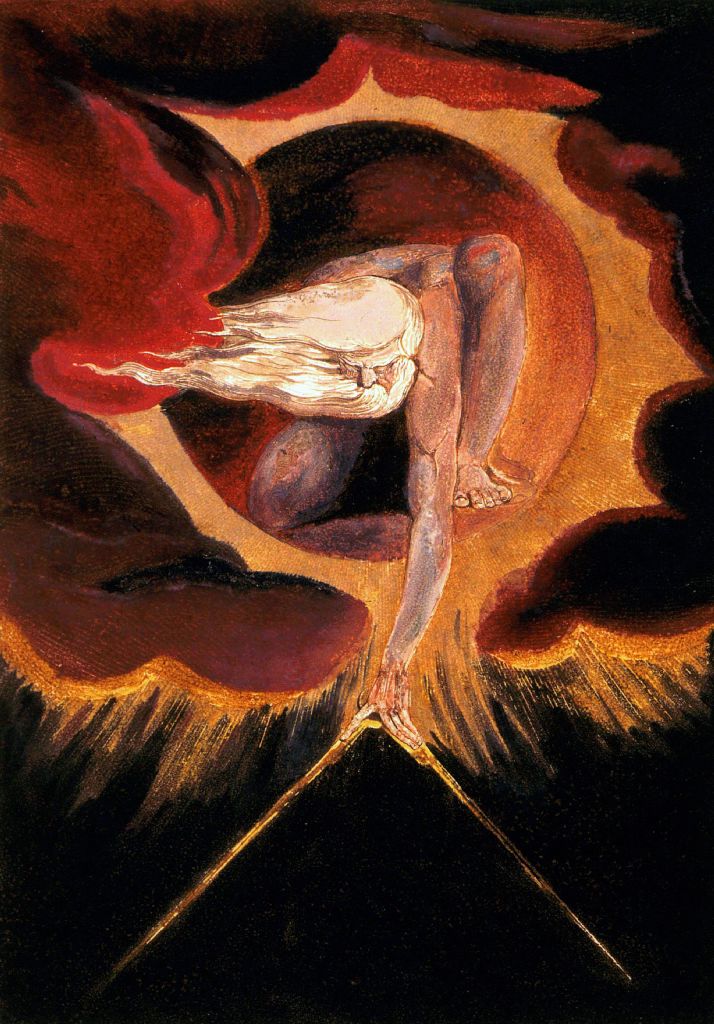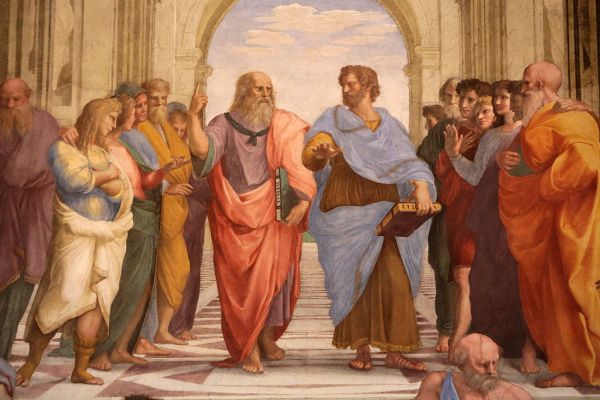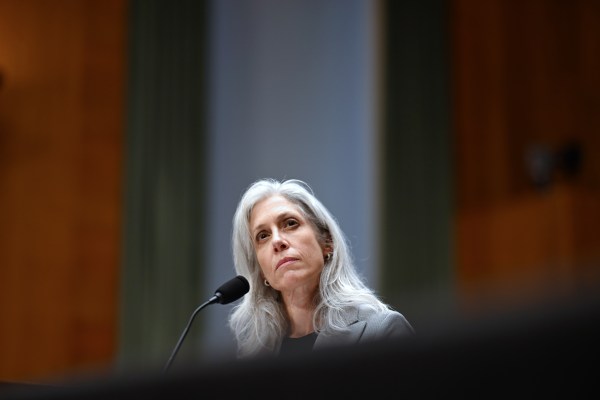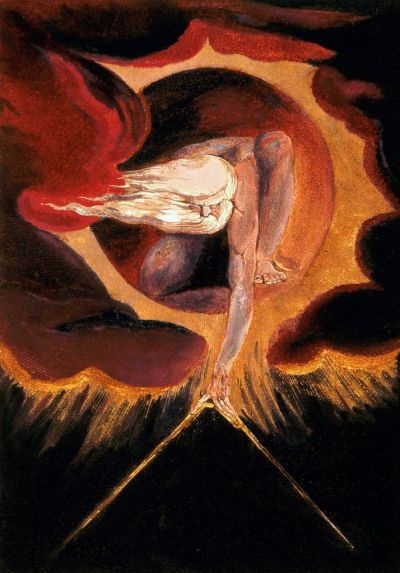About a year ago, my grandmother told me she saw a ghost.
She was sitting in her living room when her former landlady—an old woman who had died some time before—walked into the bathroom. She wasn’t scared of the ghost, which meant that her landlady’s spirit was not evil. (Only evil spirits frighten you.)
I’m not sure what to make of my grandmother’s story. She’s not particularly superstitious and her mental faculties are as sharp as ever. She also didn’t struggle through her story—her tone didn’t change, and one sentence followed after the other as though nothing about them was different. I don’t think she’s lying, and I definitely believe that she thinks she saw a ghost. But I’m a secular person: I can’t think that a ghost was really there. So what happened?
The Orthodox Christian writer Rod Dreher would probably tell me I should believe my grandmother. His latest book, Living in Wonder: Finding Mystery and Meaning in a Secular Age, asserts that there exists a transcendent reality filled with spirits, angels, demons, and other supernatural entities. In one moment, he writes about how during a visit to Rome, his hotel chair shattered for no apparent reason. In another, he recalls that following his grandfather’s death, his parents’ house began to experience “poltergeist activity.” Dreher wants to show that a world beyond this one lies there for us to see—if we’d only look.
Readers will either believe Dreher’s (and my grandmother’s) stories of the supernatural or they won’t, but Living in Wonder is also motivated by an ethical project. For Dreher, our modern world has become disenchanted, lost touch with the mystical and mysterious aspects of reality. We no longer believe in miracles, in the cosmic struggle between good and evil spirits, or in God—and we’ve become miserable and alienated as a result. “Disenchantment is killing us and destroying our civilization,” Dreher writes, before adding that “a disenchanted world is a hopeless world.” After all, if only matter exists and we humans are just bags of flesh floating on a random rock in a gigantic and indifferent universe, then why should we care about anything at all?
On the one hand, there’s an admirable motivation behind Dreher’s ethical project of reenchantment: He wants to help people find meaning. Political commentary tends to focus on how public policy can provide material goods (ex: jobs, wages, legal protections). Yet for all our very real material needs, we humans are also feeling beings: We have emotional needs, and there’s no good reason why these shouldn’t be an important part of our political discourse. We should therefore welcome Dreher’s attempt to put the search for meaning at the center of his agenda.
On the other hand, there are serious problems with Dreher’s ethical thesis. He often just asserts that there can be no meaning without enchantment. He also never defines what he means by the “meaning of life.” Though authors can’t be expected to define every term they use, they should certainly do so for the most essential terms to their project, especially when they’re as contested as “the meaning of life.”
But most fundamentally, it is not true that a disenchanted world is necessarily meaningless. We can see why if we try to clarify what the term “meaning” itself might mean.
First, we can think of the meaning of life as whatever serves as the ultimate justification for our activities. In his essay on “The Absurd,” the philosopher Thomas Nagel points out that we can always question our reasons for doing anything. If we want to get a job, we can ask why we should want a job. If we say it’s because we want to support our family, we can ask why we should want to do that. If we then say it’s because it makes us happy, we can ask why we should pursue our happiness; and so on, forever. Once we realize that we can always raise further questions, we start to crave an answer that fully satisfies our inquisitive minds. But can our questions ever come to a resting place?
Nagel shows they can through a nice example. Why do you take an aspirin when your head hurts? It’s because you want to avoid pain. Now you could ask yourself why you should avoid pain, but pretty much none of us do. We take an aspirin because we don’t want our head to hurt—and that’s it. That’s our ultimate justification, and most of us are satisfied with that answer without recourse to an afterlife, spirits, or God. Many of our activities work in a similar way. We do things because they make us happy, or because they help us develop our talents, or because they benefit the people we love. In short, it is very much possible to find satisfying answers to our everyday questions.
Second, perhaps the idea of meaning refers to being emotionally engaged with the world. Some people find it very hard to care about anything, and they express this emotional disengagement in the language of meaning. What such people need is to find something to love—something that engages their feelings and motivates them to get out of bed in the morning. And again, many of us have found things (or people) to love in this life: careers, hobbies, romantic partners, friendships, or family relationships. Even if ghosts, spirits, and the like exist, it’s not clear why that alone would help us find something to live for.
Third and relatedly, the notion of meaning is often associated with the idea of “connecting with something larger than yourself.” As Susan Wolf has argued, we should interpret this phrase as expressing a desire to engage in activities that matter to people other than just yourself. Many of us would find life meaningless if it were totally self-directed—if all we did was pursue our own pleasure without ever contributing to a project that benefited others. But finding these sorts of projects in this life isn’t all that hard. We can create art, produce research that increases human knowledge, contribute to charity, promote justice, heal other people’s ailments, and so on. We don’t need to believe in different realms to connect with something greater.
Finally, the “meaning of life” might refer to the need for our lives to have some kind of direction. Some people feel meaninglessness when they feel as though their activities seem random and disconnected, as though they have no overall plan. Well, once again, this seems like a problem that can be solved in this life. If our life is directionless, we just need to give it direction (which is easier than done, of course).
None of this is to deny that many people derive meaning from their belief in a supernatural realm, or to suggest that there’s something wrong with their doing so. But Dreher insists that anyone who doesn’t believe in a transcendent reality is doomed to lead a meaningless existence. That seems simply false.
And it’s also a political dead end. The modern world is, if not a secular place, then at least a secularizing place. For various reasons many modern people find it difficult to sustain a belief in supernatural entities. Any political movement that accepted Dreher’s pessimism and told secular people that they could never find fulfillment probably wouldn’t be very attractive. Far better to insist on what seems to be true: That supernatural belief systems such as traditional religion are a source of meaning, but that others lie beyond it too.






Please note that we at The Dispatch hold ourselves, our work, and our commenters to a higher standard than other places on the internet. We welcome comments that foster genuine debate or discussion—including comments critical of us or our work—but responses that include ad hominem attacks on fellow Dispatch members or are intended to stoke fear and anger may be moderated.
With your membership, you only have the ability to comment on The Morning Dispatch articles. Consider upgrading to join the conversation everywhere.